Self-regulation crucial in ad landscape being transformed by AI
The advertising media and marketing industry must maintain self-regulation for its commercial activities if it is to continue to be a successful driver of economic growth, say industry body representatives.
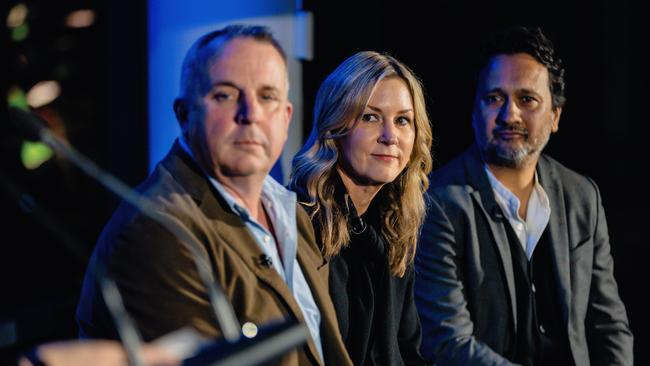
Representatives from Australia’s peak advertising, marketing and media trade bodies have reinforced the need for industry self-regulation in the face of the government’s appetite for legislation and ad bans.
At a Growth Agenda event in Sydney last week, the Advertising Council Australia, Media Federation of Australia and Association of Australian National Advertisers addressed government reviews of gambling advertising, food and beverage advertising and greenwashing claims.
AANA board member and Suncorp executive general manager of brand and customer experience Mim Haysom said government legislation and intervention would be bad news for the industry.
“The government has quite a high level of appetite to regulate,” Ms Haysom said. “And the role of the AANA is to ensure that we maintain self-regulation because complete government regulation that results in bans of advertising for entire categories is not good for anyone’s interest at all. Not for advertisers, not for the community, not the companies, not for business and not for the economy.
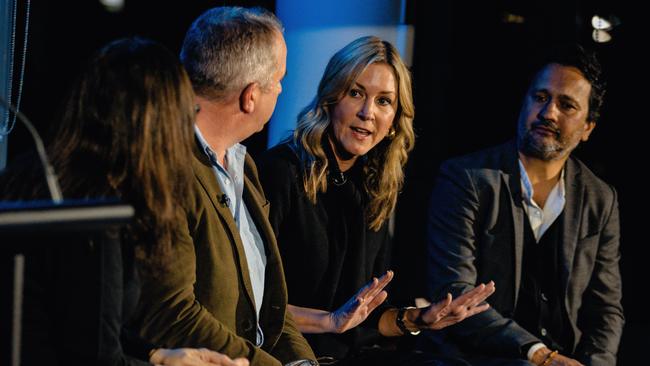
“We’ve got a good track record in this country of self-regulating our industry and I think it’s incumbent on all of us to really support that ecosystem of self-regulation … Because governments stepping in and banning advertising of entire categories is not in anyone’s interest.”
The panel discussion took place weeks after the federal election where an estimated $200m was spent on political advertising that was unregulated and not required to adhere to commercial advertising rules such as ensuring all claims were truthful.
Advertising Council Australia chairman and Publicis Groupe Australia and New Zealand chief executive Michael Rebelo said increased government intervention reinforced the need for greater compliance across the industry.
“Accreditation and compliance are crucial, otherwise self-regulation falls apart,” Mr Rebelo said. “We need to continue making sure that our people are up to scratch with the latest regulation in all of the different sectors that we operate for our clients.”
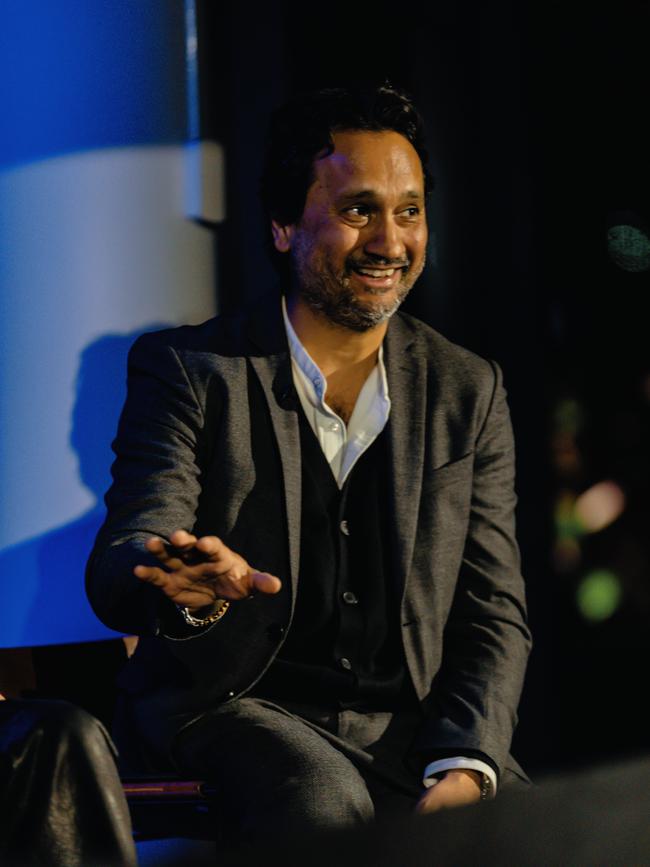
The Growth Agenda event, held in collaboration with the ACA, explored the challenges and opportunities for growth in the industry. The impact of artificial intelligence played a central role in the panel discussion; the three industry trade bodies came together recently to create the AI Council of Experts, an advisory body to develop a comprehensive set of AI guidelines and standards for the industry.
Media Federation of Australia chairman and IPG Mediabrands Australia chief executive Mark Coad said AI was “changing the shape of our industry”, particularly when it came to roles and responsibilities.
“It’s going to remove a lot of the menial, repetitive tasks that sit within media agencies and there’s work already starting in that space,” Mr Coad said.
“I walked into my first media agency in 1990 and, barring a bit of computing, we’re still doing what we were doing back then.
“There’s a lot of work that is menial, it’s full of admin, it is full of operational drag, so the sooner we can get rid of all that stuff and apply our minds to thinking, creativity, innovation, planning, the better. We’re making big inroads and automation is big in our environment at the moment, but we need to do it.”
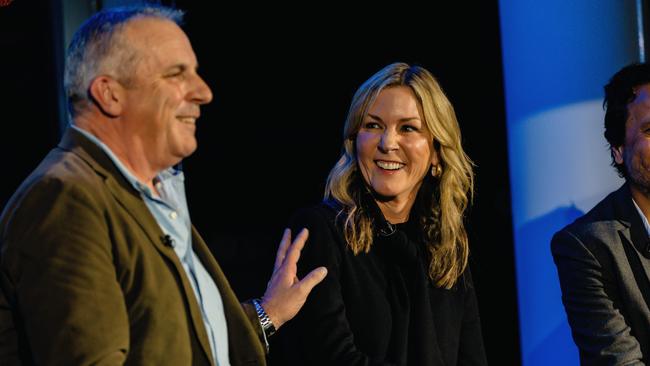
Ms Haysom said AI’s creative potential far outweighed the concerns about job losses.
“Yes, there’s going to be change,” she said. “And yes, the workforce will be a somewhat different shape. But we’ve had that kind of disruption with technology before. And I do feel that quite often in forums like this we’re focusing on the job losses and the uncertainty and the scariness of it all.
“The opportunity is profound. Completely disruptive and what I’m saying is it absolutely gives us the opportunity to be more creative than ever before.”
The panellists agreed the local industry had lost some of its creative lustre in recent years, which was reinforced by the decline in international recognition at the Cannes Festival of Creativity, where Australia placed 11th in 2024 – its lowest score in two decades.
Mr Rebelo said the decline was a result of the business market’s more conservative approach to marketing as well as an overall shift towards more short-term results-driven activity.
“I think it’s a conservatism that runs in business,” Mr Rebelo said.
“We’ve got a great cohort of CMOs in this country that genuinely believe in the power of creativity, innovation, and they’re the ones you’ve got to latch on to but there’s not enough of them to go around frankly. I think that’s part of the challenge. I genuinely believe we’ve got amazing people and amazing talent.
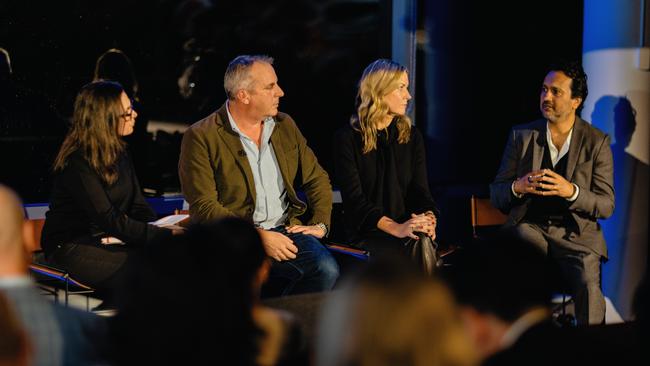
“When Australia is at its best, it’s unbeatable and we dominate at festivals like Cannes, but it’s a bit like the Olympics – once every four years you see us hit all the high marks in those award shows. So when we do it, we do amazingly well.
“But I do think we’re not as consistent as we could be.”
Ms Haysom agreed the short-termism of the business market was affecting the quality of the marketing.
“The market’s super choppy and clients have to be given the runway to hold the course on a strategy, to hold a course on investment, to be consistent with the way they manage their brands and do it creatively,” she said.
Mr Coad said the push to creativity was a key growth driver for media agencies in future.
“We need to keep reminding ourselves that media can be a driver of growth,” Mr Coad said. “Media is not the transmission device for our creative friends messaging. Media in itself is a very strong leader for growth, the way we use it, the way we behave in it, and we need to keep reminding ourselves of that and the role we can play. And that helps marketers and advertisers and companies realise that marketing is a driver of growth, it’s an investment, it is not an expense.”

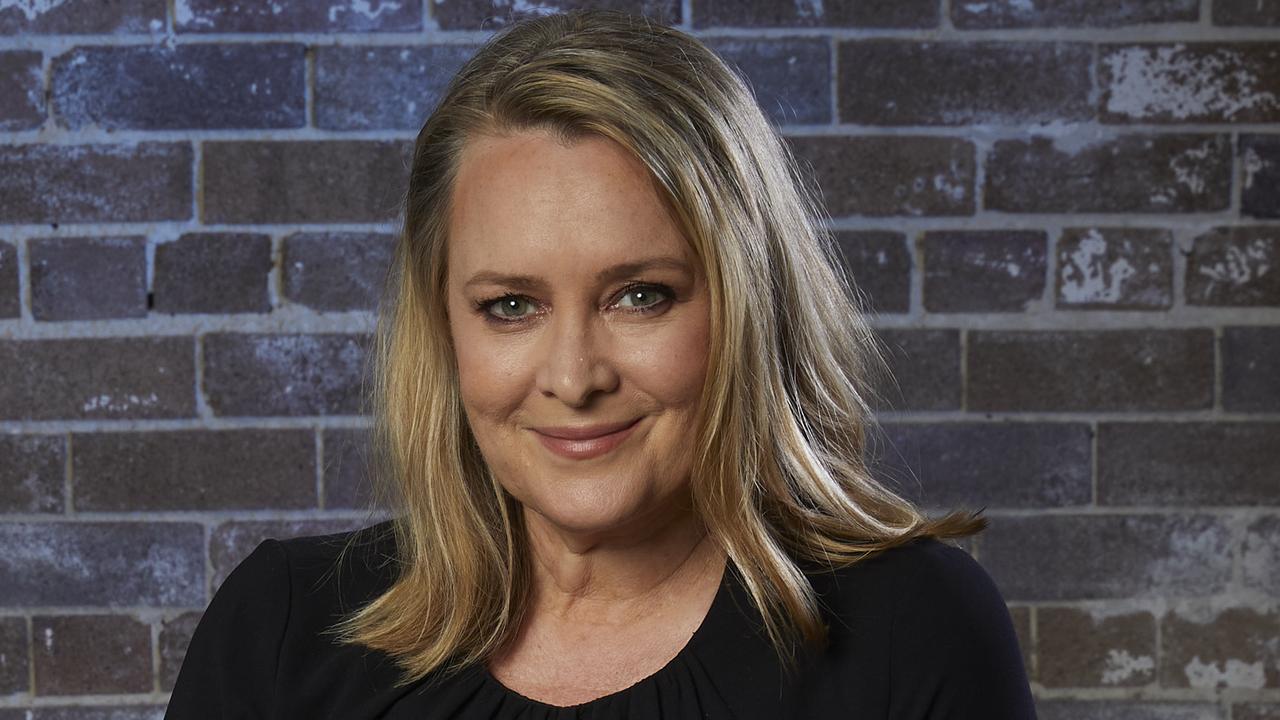

To join the conversation, please log in. Don't have an account? Register
Join the conversation, you are commenting as Logout